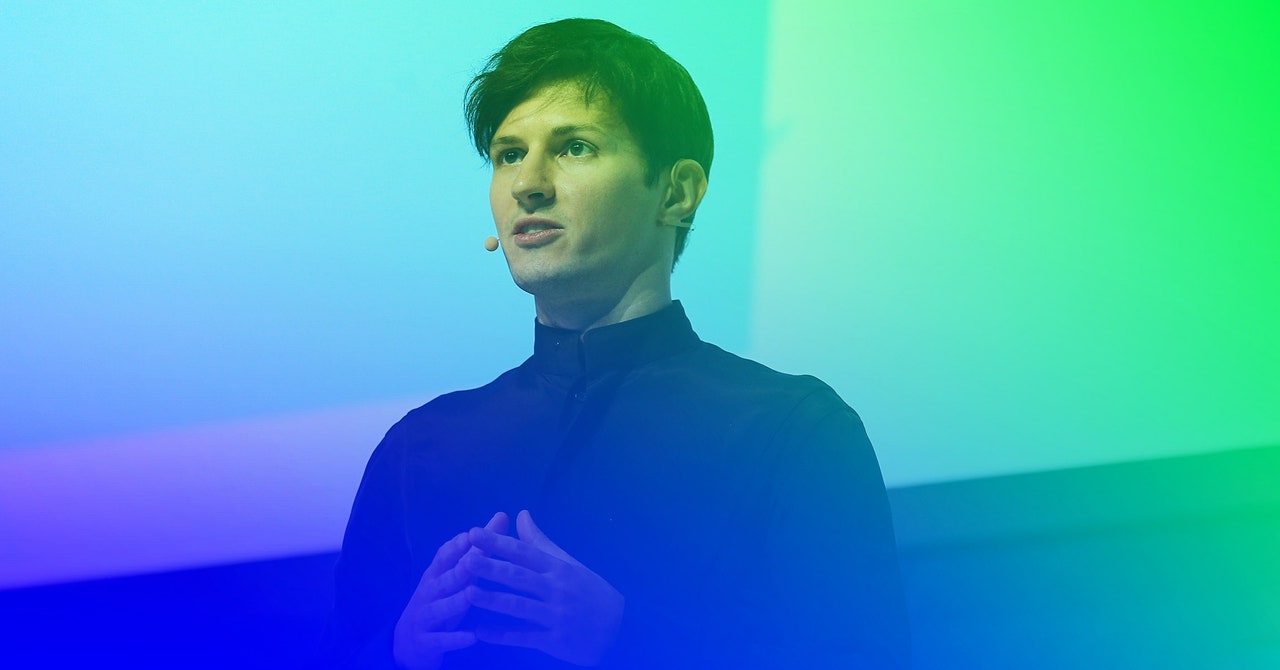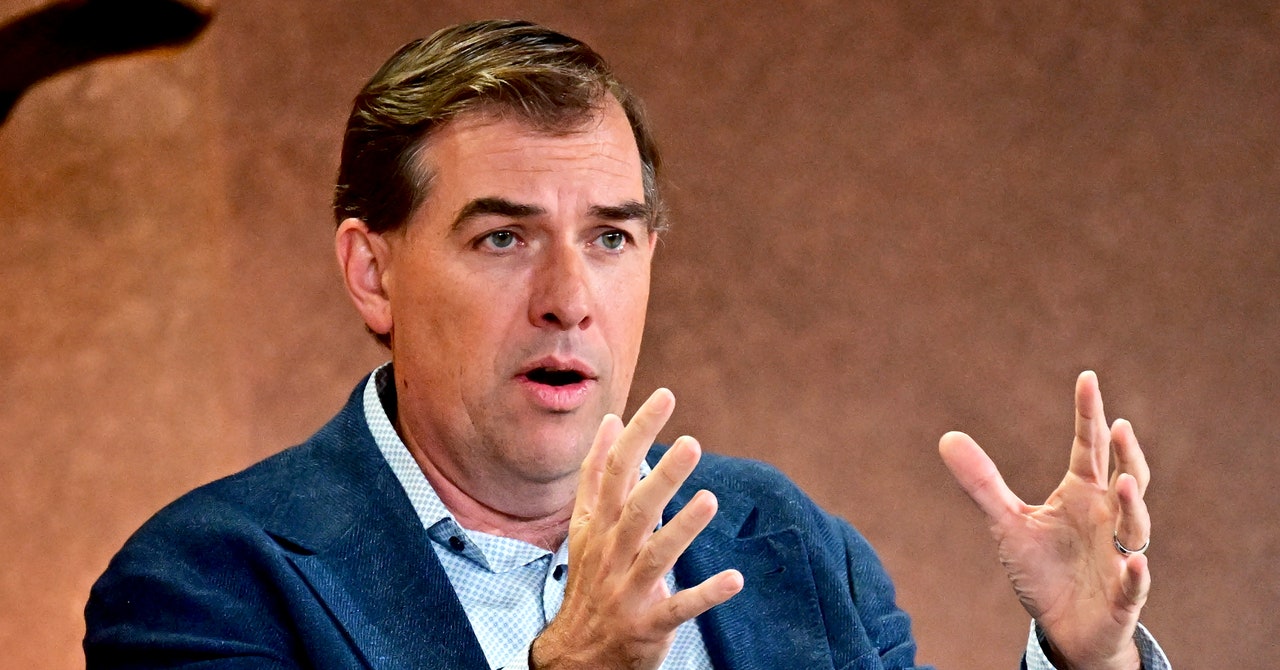French prosecutors gave preliminary information in a press release on Monday about the investigation of Telegram CEO Pavel Durov, who was arrested suddenly on Saturday at Paris’s Le Bourget airport. Durov has not yet been charged with a crime, but officials said he was being held as part of an investigation “against an unnamed person” and could be held in police custody until Wednesday.
The investigation began on July 8 and includes wide-ranging charges related to alleged money laundering, violations related to the import and export of encryption tools, refusal to cooperate with law enforcement and “complicity” in drug trafficking, possession and distribution of child pornography , and more.
The investigation was launched by cybercrime prosecutors from the “J3 Section” and involved collaboration with France’s Cybercrime Center (C3N) and the National Anti-Fraud Office (ONAF), according to the press release. “Within this procedural framework, Pavel Durov was interrogated by the investigators,” Paris prosecutor Laure Bequo wrote in the statement.
Telegram did not respond to multiple requests for comment on the investigation, but said in a statement posted on the company’s news channel on Sunday that Durov had “nothing to hide.”
“Given the existence of several preliminary investigations in France about Telegram in connection with the protection of the rights of minors and in cooperation with other French investigative units – for example for cyberbullying – the arrest of Durov does not seem to me a very exceptional move,” says Kanel Lavitt , a French lawyer specializing in issues related to freedom of speech.
Lavit notes that Durov is a French national who was arrested on French territory with an arrest warrant issued by French judges. She added that the list of allegations included in the investigation was “extensive,” a wide net she said was not entirely surprising in the context of France’s “ambiguous legislative arsenal” designed to balance content moderation and free speech.
Durov is a controversial figure for his Telegram leadership, in large part because he is generally uncooperative with calls to moderate content on the platform. In some ways, this positioned him as a defender of free speech against government censorship, but it also turned Telegram into a haven for hate speech, criminal activity and abuse. Also, the platform is often billed as a secure communication tool, but much of it is open and accessible by default.




